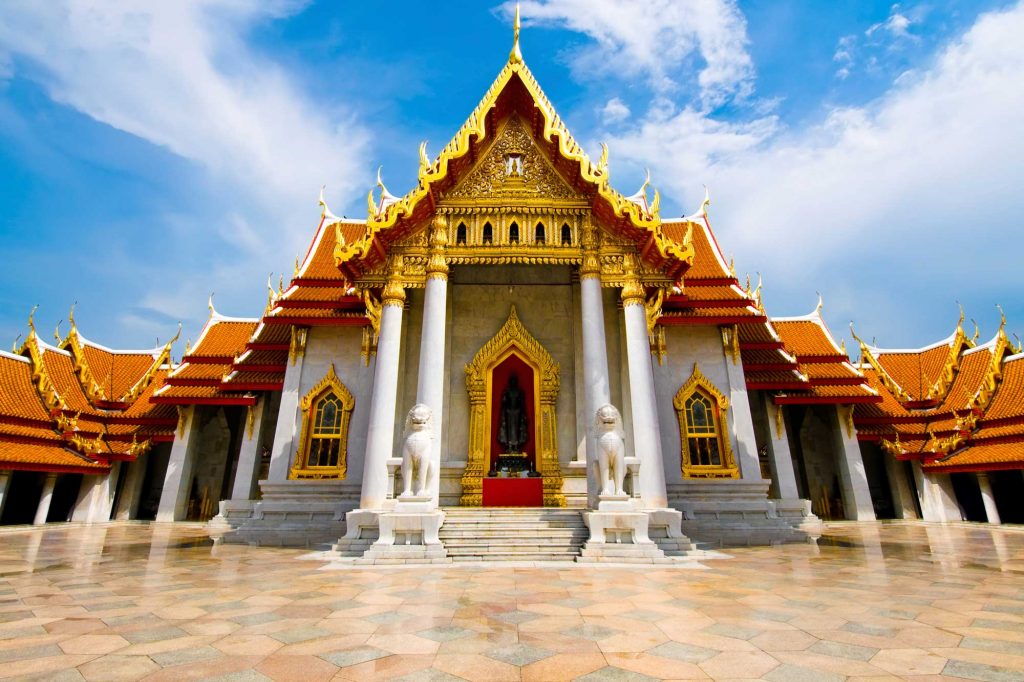Self-isolation doesn’t have to be boring! Get ready for first year study with these suggestions from our academics.
Stuck at home with not much to do? Looking to get yourself ready for first year study? Have a look through the following list of recommendations of things to read, listen to and watch from the Department of Religious Studies.
Asian Studies
Recommended book:
Holcombe, Charles. A History of East Asia: From the Origins of Civilization to the Twenty First Century. Cambridge: Cambridge University Press, 2017.
‘Introduction to East Asian Traditions’ is the core module for Asian Studies during the first term. Charles Holcombe’s A History of East Asia starts with a discussion on how to understand ‘East Asia’ as a cultural sphere. Holcombe’s book provides excellent historical background information on China, Japan, Korea and Vietnam.
Global Philosophies
Recommended book:
Van Norden, Bryan. Taking Philosophy Back: A Multicultural Manifesto. New York: Columbia University Press, 2017.
Comparative philosophy is a hot topic. Yet, there are still scholars who question the existence of philosophy in non-Western parts of the globe. Bryan Van Norden wrote a compelling book about the need to take non-Western philosophy seriously. Van Norden is an expert in Chinese philosophy and draws on many examples from Asian philosophical traditions.
This book is also highly recommended for Asian Studies students and Religious Studies students interested in non-Western philosophy.
Religious Studies
Recommended book:
Hinnells, John (ed.). The Routledge Companion to the Study of Religion. Abingdon: Routledge, 2005.
In the first week of the core module ‘What is Religion?’, we’ll reflect on the question ‘why study religions?’
To give you a taster of the kind of texts we’ll discuss during the seminars, have a look at John Hinnells’s introductory chapter: “Why Study Religions?”, in The Routledge Companion to the Study of Religion (pp. 5-20).
Favourite book recommendations from staff:
Ward Blanton, Reader in Religious Studies, says:
I wholeheartedly recommend a really short novel called Satin Island by Tom McCarthy. McCarthy is a far out writer sometimes compared to one of my favourite (and equally far out) media theorists named Friedrich Kittler. This book follows an anthropologist working for a huge and largely secret corporation which is paying him to map, well, EVERYTHING about contemporary life. It’s sort of a ‘holy grail’ story, like can we find the hidden secret that somehow explains who we are and how we’re all interconnected? Before it’s all done, our intrepid corporate anthropologist is wondering about oil spills, romances gone wrong, and murder – you’ll love it, a rhapsody for contemporary life!
Leslie de Vries, Lecturer in East Asian Studies, says:
I am thinking of two excellent recent books on Chinese Religion and Philosophy, written for a general audience. As we will critically engage with these works in class, some familiarity with their contents wouldn’t hurt!
The Path: A New Way to Think About Everything: What the Great Chinese Philosophers Can Teach Us About the Good Life, by Puett and Gross-Loh.
The Souls of China: The Return of Religion After Mao, by Johnson.
Richard King, Professor of Buddhist and Asian Studies, recommends How to Live a Good Life: A Guide to Choosing Your Personal Philosophy; this collection brings together essays by fifteen leading philosophers reflecting on what it means to live according to a philosophy of life. From Eastern philosophies (Daoism, Confucianism, and Buddhism) and classical Western philosophies (such as Aristotelianism and Stoicism), to the four major religions, as well as contemporary philosophies (such as existentialism and effective altruism), each contributor offers a lively, personal account of how they find meaning in the practice of their chosen philosophical tradition.

